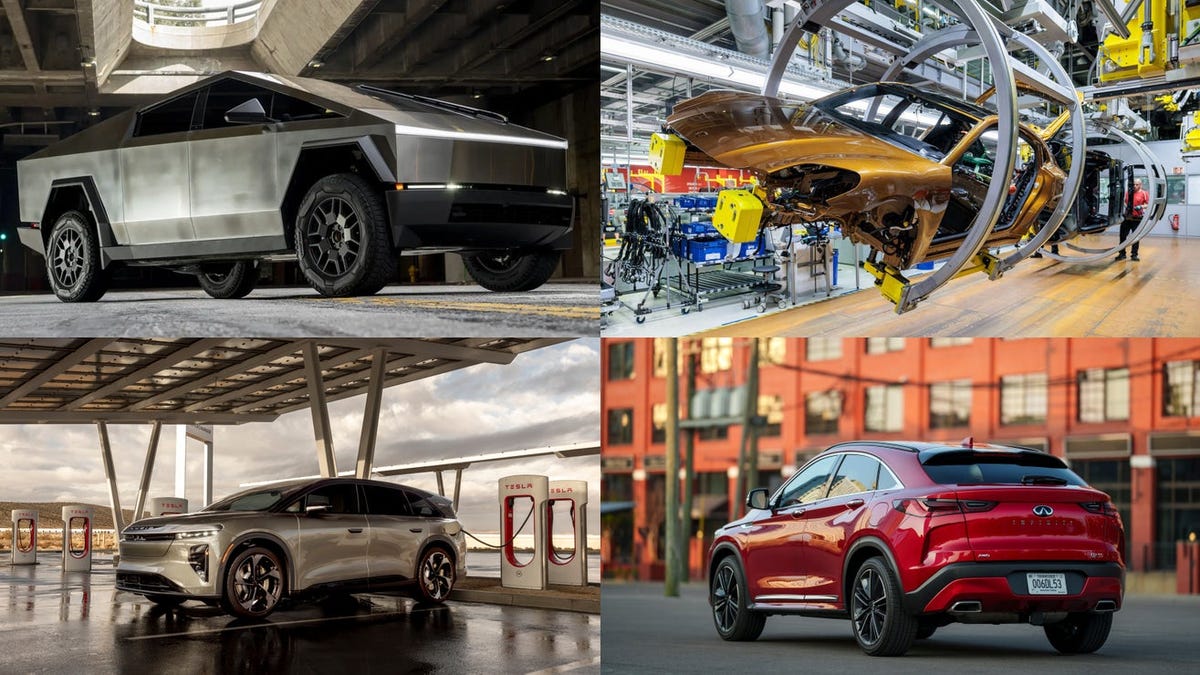Last Updated: February 28, 2024, 16:55 IST
Do Electric Vehicles Contribute To Air Pollution? Here’s What Experts Have To Say. (Representative Image) (Photo: Canary Media)
While electric cars have zero engine pollution, friction is still needed for the tyres and brakes to function.
Several countries have prioritised the transition to electric vehicles (EVs) in their efforts to meet their climate targets.
Electric vehicles emit no tailpipe emissions when compared to traditional vehicles that run on fossil fuel. This has the potential to significantly reduce harmful pollutant levels, thereby improving air quality and human health.
Some people believe that the transition to electric vehicles will reverse some of that progress: that heavier cars and the particles they emit as a result of friction mean that we will sacrifice cleaner air to achieve zero carbon emissions
Amid all the advantages of EVs, have you ever wondered if electric cars have an air pollution problem? A recent claim on this question was researched by The Guardian, who have explained it below.
According to The Guardian, electric cars have zero engine pollution, but their brakes and tyres still rely on friction to function. Friction degrades materials, which then end up in the environment. There are some people, as per The Guardian who argue that the transition to EVs, which are heavier and thus cause more wear, may increase overall air pollution. The Daily Mail referred to tyre pollution as the “dirty secret of electric cars,” while the Sun stated that “EV drivers have been warned that their super heavy electric cars end up producing MORE pollution than petrol and diesel motors.”
EVs do not directly burn fossil fuels and would emit no emissions if produced solely from zero-carbon power sources. However, all cars emit particulate matter (PM) through friction on brakes, tyres, and road surfaces, leaving a dusty trail of pollution in the air and ground.
Many claims about EVs causing air pollution are based on figures from Emissions Analytics, a private company. According to founder Nick Molden, its measurements show that particulate emissions can be 1,850 times greater than those from modern car exhausts, which have become cleaner due to regulations.
Crucially, not only electric cars but all cars emit those pollutants, reports state. It is very challenging to measure small particulates, and there are currently very few comparative studies available. This indicates that it is still unclear whether the additional weight of EV batteries will cause air pollution to worsen.
Tyre pollution, whether petrol or electric, will worsen as the SUV juggernaut continues. Also, cars are becoming taller, wider, and heavier (which will reduce carbon emissions and energy efficiency).Fighting air pollution is a worthy cause, but it does not appear to justify delaying the transition to electric vehicles.







